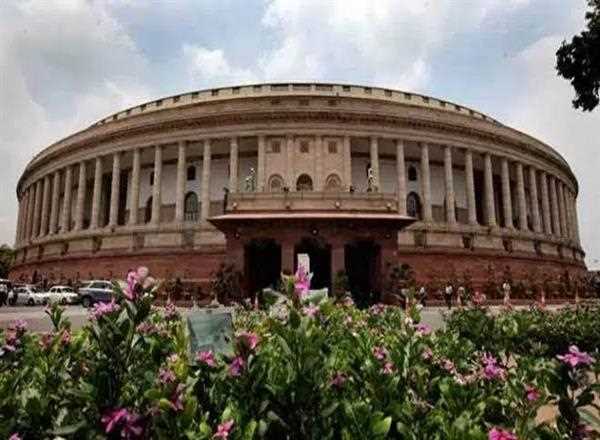The no-confidence motion is a parliamentary procedure used in many countries to test the support of the government in power.
It allows members of parliament to express their lack of confidence in the government, and if the motion is passed, the government must either resign or seek a vote of confidence to regain its legitimacy. In India, the first no-confidence motion was moved in the Lok Sabha in 1963, during the tenure of the second Prime Minister of India, Shri Lal Bahadur Shastri.
The first no-confidence motion in the Lok Sabha was moved on August 21, 1963, by the socialist leader, Ram Subhag Singh. The motion was moved against the government led by Shri Lal Bahadur Shastri, who had taken over as Prime Minister after the sudden demise of Jawaharlal Nehru in May 1964. The no-confidence motion was moved on the issue of the government's handling of the Chinese aggression in the border areas of India.
The motion was debated for two days in the Lok Sabha, with several opposition parties joining hands to support the motion. The government, on the other hand, had the support of the Congress party, which was the largest party in the Lok Sabha at the time. In the end, the no-confidence motion was defeated by a margin of 346 votes against and 169 in favor, with the government surviving the test of confidence.
Since then, several no-confidence motions have been moved in the Lok Sabha, with varying degrees of success. The most recent no-confidence motion was moved by the Telugu Desam Party (TDP) against the Narendra Modi-led NDA government in 2018, which was defeated by a margin of 325 votes against and 126 in favor.
In conclusion, the first no-confidence motion was moved in the Lok Sabha in 1963, during the tenure of Shri Lal Bahadur Shastri as the Prime Minister of India. The motion was moved on the issue of the government's handling of the Chinese aggression in the border areas of India and was defeated by a margin of 346 votes against and 169 in favor. Since then, several no-confidence motions have been moved in the Lok Sabha, with varying degrees of success. The no-confidence motion remains an important parliamentary procedure in India, allowing members of parliament to express their lack of confidence in the government and hold it accountable for its actions.